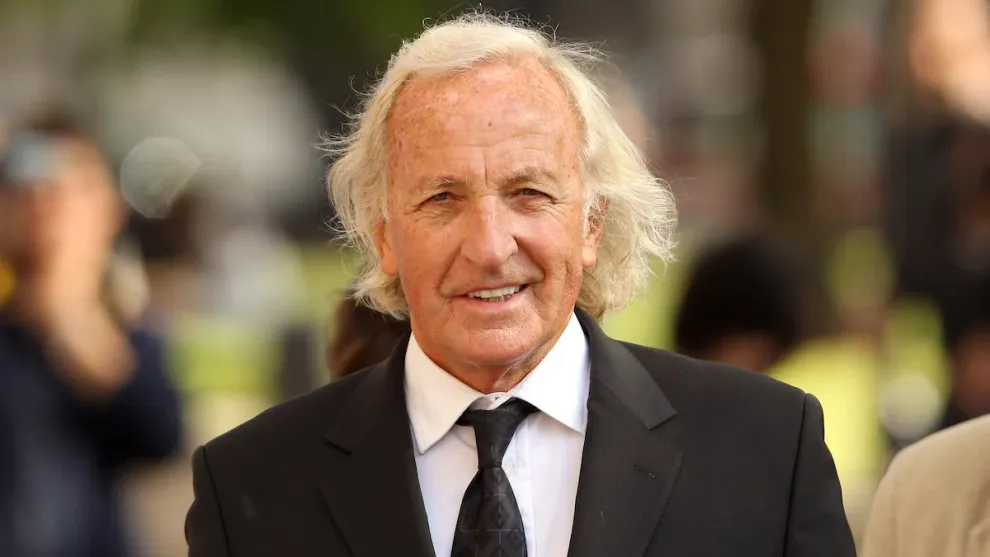By Michael O’Brien
The death of John Pilger at the age of 84 marks the passing of perhaps the greatest campaigning journalist and broadcaster of the late 20th century in the English-speaking world.
The range of stories and issues raised by Pilger in his long career was remarkable. That he did it by availing principally of two mainstream media platforms, the Daily Mirror and ITV’s World in Action is all the more of an achievement.
His first breakthrough was a 1970 World in Action documentary The Quiet Mutiny. Pilger had gone to Vietnam at a stage of the war when it was clear that US imperialism was losing and alienation among the drafted US troops was beginning to manifest itself in the assassination of unpopular officers.
Another well-remembered work that featured in the pages of the Mirror and the screen was the inadequate compensation for families whose children suffered the effects of Thalidomide.
Exposing the killing fields
Above all else, his 1979 exposé of the killing fields of the Pol Pot’s Khmer Rouge regime in Cambodia is the story that Piliger is most associated with. This regime, which was responsible for the killing of an estimated two million people – out of Cambodia’s then seven million population – was supported by US imperialism, based solely on it being a supposed counterweight to the Vietnamese government.
This was all covered in Year Zero: The Silent Death of Cambodia. It is recalled on his site johnpilger.com that within days of the documentary being broadcast in the UK, 40 sacks of mail were received, most containing unsolicited donations from ordinary people totalling over £1 million (over £6 million in today’s money).
The documentary was broadcast in some 50 countries, watched by an estimated 150 million people and in total (without direct appeals) raised $45 million, which served to restore clean water supply, fund orphanages, schools and restock hospitals with medicines – a testimony to the decency of working-class people. This was in stark contrast to the rotten role of Western capitalist governments who protected the Khmer Rouge leadership in exile from prosecution for more than a decade afterwards.
False notion of impartiality
Other highlights include his work on East Timor, the historical crimes committed against the Aboriginal people in his native Australia, and later in his career, exposing the US and British imperialism in the Middle East and the slow privatisation of the NHS.
Pilger dispensed with false notions of ‘impartiality’ and was not afraid to expose the crimes of the ruling class regardless of the consequences. In doing so he sacrificed what could have otherwise been a very comfortable career. After parting from the Daily Mirror, The Guardian, for whom he went on to write, effectively sacked him for his opposition to the Iraq war.
Much of his best journalism was reproduced in long form in a series of books, one of the last of which, Freedom Next Time, is the strongest. While many of the chapters focus again on the role of Western imperialism in the Middle East, in one chapter, he scathingly and justifiably takes apart the record of the ANC post the fall of apartheid in South Africa, in failing to deliver an economic programme for the Black majority – not sparing Nelson Mandela in this criticism.
Courageous contribution
While very much on the left, it cannot be claimed that his political instincts were always perfect. In particular, he displayed a bad blind spot late in his career in the Syria conflict, where he gave too much credence to those denying the atrocities committed by Assad.
But taken as a whole, Pilger’s contribution to standing up for the oppressed worldwide is immense. Too few journalists today come close to displaying the qualities that enabled him to repeatedly hit the mark.
His documentaries and books remain worth reading both for their political content and as a demonstration of the best journalism of its age.












